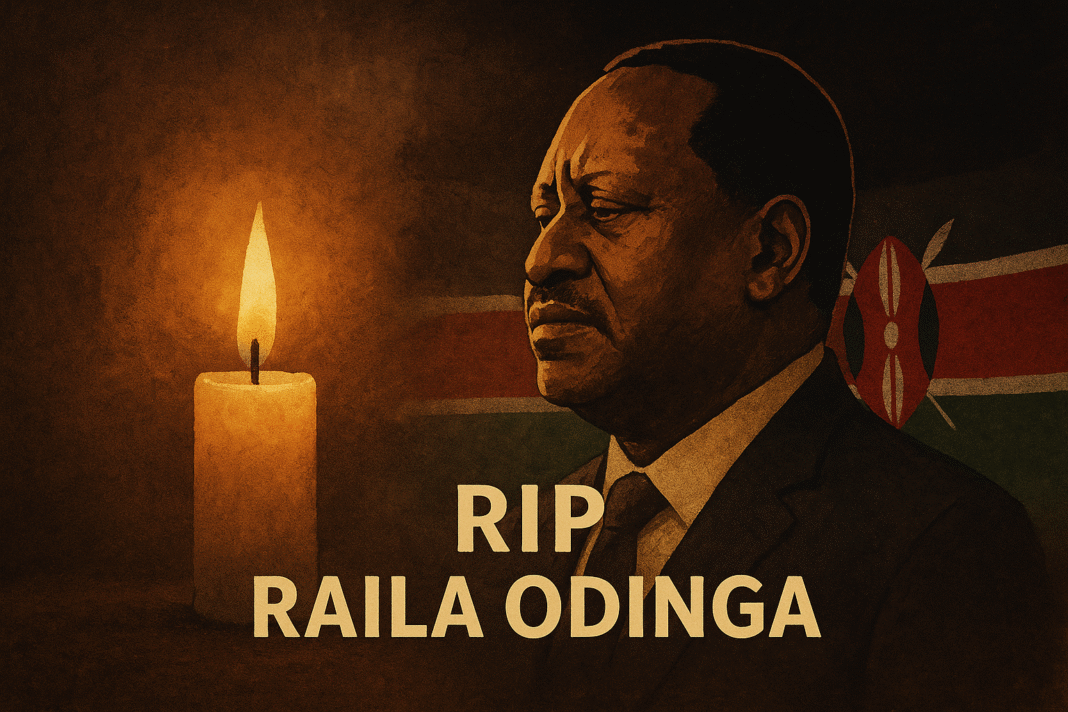🇳🇬 Why Nigerians Face Rejection Abroad—And How to Change the Narrative
In recent years, the global movement of people has intensified. More individuals are leaving their home countries in search of better opportunities, safety, or education. Among these groups, Nigerians make up one of the largest migrant populations in the world. Yet, unfortunately, Nigerians often face heightened levels of rejection, suspicion, or discrimination abroad.
The question many ask is: Why are Nigerians being rejected in so many parts of the world? The answer is complex, involving history, stereotypes, policy, and perception.
1. Global Stigma and Stereotypes
Nigeria is a vibrant, resource-rich country with brilliant people, but international media often paints it in a negative light. Stories of corruption, internet fraud (“Yahoo Yahoo”), and scams dominate headlines, overshadowing the millions of honest Nigerians who excel globally in education, technology, medicine, and business. This distorted image fosters a stereotype: that every Nigerian is untrustworthy.
2. Visa Restrictions and Immigration Policies
Many countries have tightened their immigration rules, and Nigerians often bear the brunt. Visa rejections for Nigerians are disproportionately high compared to applicants from other nations. This stems partly from fears of overstaying visas or working illegally. Even highly qualified Nigerians with strong documentation often face hurdles, creating frustration and resentment.
3. Racism and Xenophobia
At the root of much rejection lies racial prejudice. Nigerians, as Black Africans, encounter systemic racism in many countries. This prejudice combines with negative stereotypes to create double discrimination—based on both race and nationality.
4. Internal Nigerian Challenges Reflected Abroad
Nigeria’s governance issues—corruption, insecurity, and unemployment—spill over into its international image. When a country struggles internally, the world sometimes treats its citizens as “problems” rather than partners. This unfair generalization makes Nigerians abroad easy targets for rejection, even when they have nothing to do with these issues.
5. Success Stories Are Overlooked
Ironically, Nigerians abroad are also among the most successful immigrant groups. In the United States, Nigerians rank among the most educated immigrant populations. Nigerian doctors, engineers, entrepreneurs, and creatives thrive across Europe, Asia, and the Americas. But these success stories rarely trend compared to scandals, so the global narrative remains one-sided.
6. How Nigerians Can Change the Narrative
- Celebrate Excellence: Share and amplify stories of Nigerians achieving greatness abroad.
- Accountability at Home: Nigeria must address corruption, governance issues and create opportunities so that migration is a choice, not desperation.
- Personal Representation: Every Nigerian abroad is an ambassador. By excelling in work, education, and character, individuals can break stereotypes.
- Policy Advocacy: Nigerian leaders must negotiate better migration agreements and protect their citizens’ rights globally.
Conclusion
Nigerians are not being rejected simply because of who they are, but because of the weight of stereotypes, systemic racism, and governance issues that shape perceptions. Changing this narrative will require effort both from Nigerians themselves and from global communities willing to look beyond the headlines.
Nigeria is a nation of resilience, intelligence, and creativity. The world deserves to see Nigerians not through the lens of suspicion, but through the reality of their contributions.




